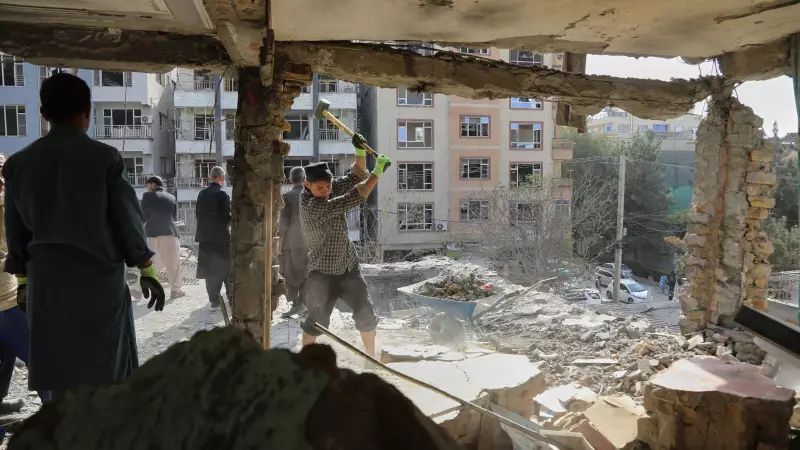
In a dramatic de-escalation of tensions, Pakistan and Afghanistan have agreed to implement an immediate ceasefire along their volatile border, putting a temporary halt to days of intense military exchanges that had raised alarms across the region.
The Breaking Point
The agreement comes after several days of escalating cross-border fire between Pakistani and Afghan Taliban forces, primarily concentrated at the crucial Torkham border crossing. This vital trade and transit route between the two nations had become the epicenter of hostilities, disrupting essential supply chains and endangering civilian populations on both sides.
Diplomatic Breakthrough
According to official statements from Islamabad, the breakthrough was achieved through intensive diplomatic channels. Pakistani authorities confirmed that both nations have not only agreed to cease all hostilities but have also committed to resolving future disputes through dialogue and diplomatic means rather than military confrontation.
Regional Implications
The timing of this agreement is particularly significant given the ongoing regional security challenges. The ceasefire represents a crucial step toward stabilizing the Pakistan-Afghanistan border region, which has experienced increased tension since the Taliban's return to power in Kabul in 2021.
Both nations face shared security concerns, including the threat of militant groups operating in the border regions. This agreement potentially opens the door for enhanced cooperation on counterterrorism efforts and border management.
What This Means for Civilians
The immediate benefit will be felt by communities living near the border, who have borne the brunt of the recent clashes. The reopening of the Torkham border crossing will:
- Restore vital trade routes between the two countries
- Allow families separated by the border to reunite
- Enable the movement of essential goods and humanitarian aid
- Reduce the immediate threat to civilian lives and property
While the ceasefire brings immediate relief, regional analysts caution that long-term stability will require sustained diplomatic engagement and confidence-building measures between Islamabad and Kabul.





